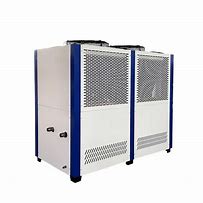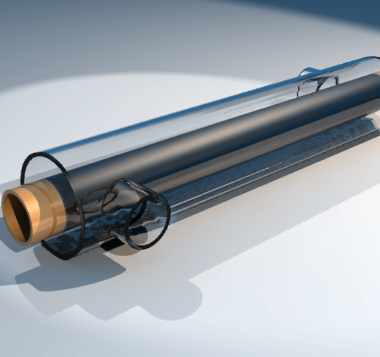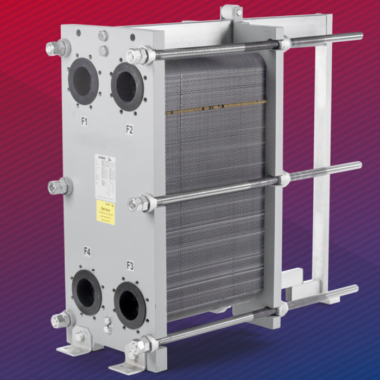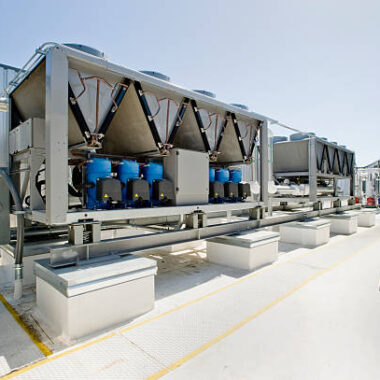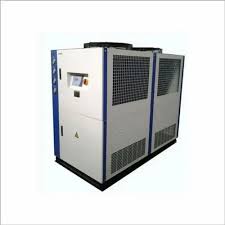Glycol Chiller Applications
GLYCOL CHILLER APPICATIONS
Grocery Store Display Cases
Grocery stores need chilling units that meet all environmental criteria while providing long-lasting and robust solutions in light of the tightening regulations on environmental safety. For cases containing frozen food, food-grade propylene glycol chillers are perfect. They are precisely designed to dissipate heat while remaining sturdy enough to withstand continuous use.
Products Packing
Fresh fruit and vegetable preservation is essential to the product packaging sector. A shipment of goods can be totally destroyed by failures, outages, and maintenance holdups. Cooling units must adhere to the same standards for food-grade construction as supermarket stores. But you must possess the fortitude to withstand repeated use. Propylene glycol chillers are perfectly engineered and operated to satisfy all of the demands of the produce shipping sector.
Glycol and breweries
The brewing sector, which demands carefully controlled temperatures and conditions, is one of the most common uses for glycol chillers. Temperature must be maintained consistently because any changes might have a severe detrimental impact on the final product’s quality. Propylene glycol chillers aid in precisely regulating and maintaining container temperatures due to these factors.
Ice Rink
It can be difficult to design an outdoor ice rink in a warm area. It is possible to create an outdoor ice rink in a warm environment since glycol chillers can be chilled below the freezing water limit. Glycol is injected into mats that are positioned underneath the ice rink’s top layer. Spraying water over the mats causes it to freeze when it comes into touch with them.
Dairy Products
Similar to breweries, the effectiveness of a cooling system has a significant impact on the quality of dairy products since subpar or improper systems can promote bacterial development. The manufacturing process for dairy products requires constant temperature regulation. Milk is directly pumped from cows into cooling units, where it is kept until it is processed further. The raw milk must be kept at a constant temperature during the entire procedure to prevent spoiling and the development of bacteria.


